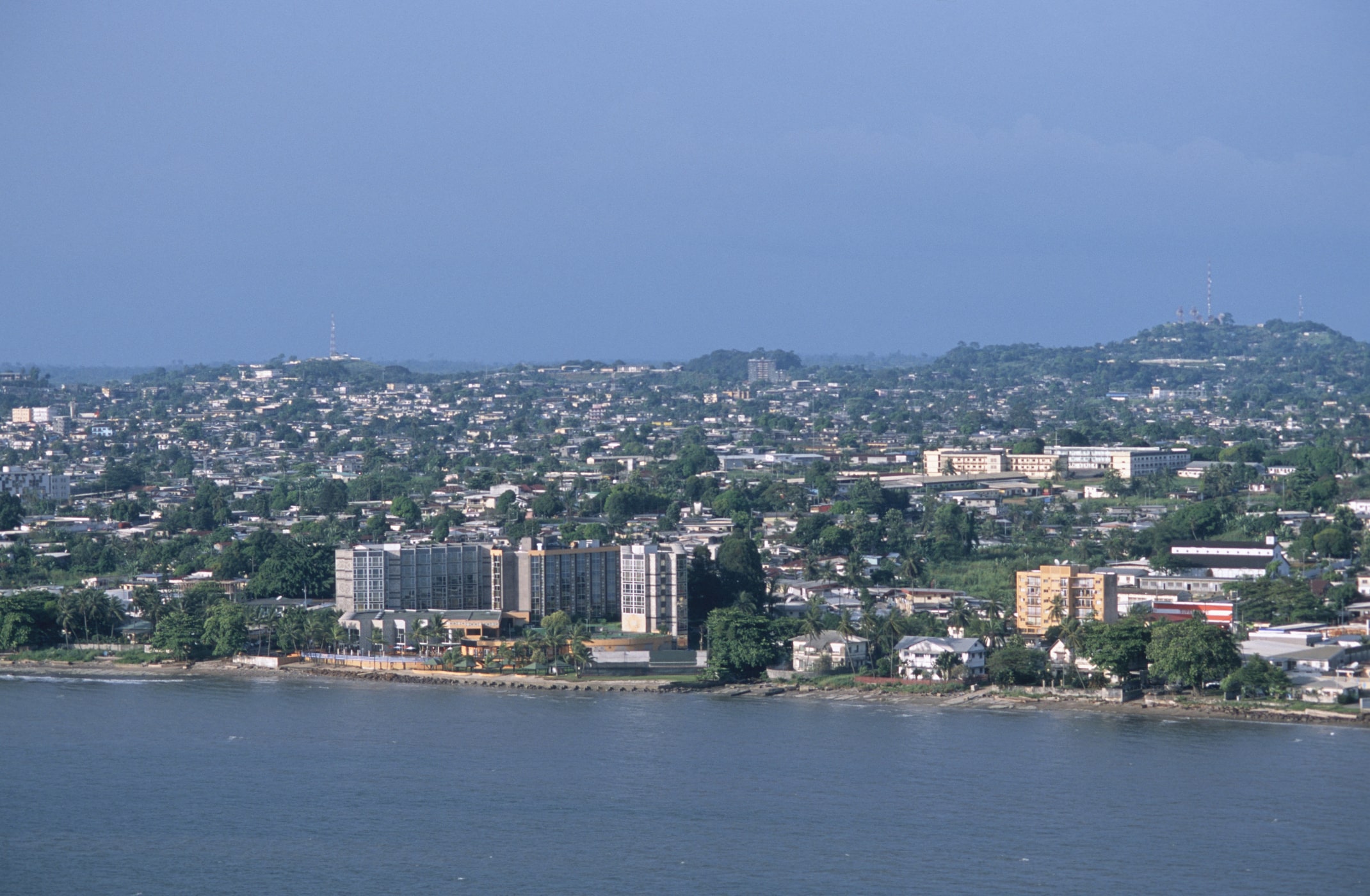In the wake of contested presidential election results, Gabon faces a coup declared by senior military officers, forming the “Committee of Transition and the Restoration of Institutions.” This marks the eighth coup in West and Central Africa since 2020.
In Gabon, a group of senior military officers has declared a coup following the presidential election results announced last weekend. The officers leading the coup, deeming their movement the “Committee of Transition and the Restoration of Institutions”, appeared on national television today, alleging they represent all defense and security bodies in the country. They declared the election results null and void, closed all borders, and dissolved state institutions. This move comes after the incumbent president, Ali Bongo, won a third term in the presidential election with 64.27% of the vote, while the opposition claimed the election was fraudulent.
“After noting an irresponsible, unpredictable governance which results in continuous deterioration of social cohesion that risks leading the country to chaos… we have decided to defend peace by putting an end to the regime in place,” said an unidentified military leader during the televized address announcing the takeover.
The coup, if successful, would mark the eighth coup in West and Central Africa since 2020. Recent coups in neighboring countries like Mali, Guinea, Burkina Faso, Chad, and Niger, have hampered democratic progress in the region.
Tensions were already high in Gabon due to concerns about the transparency of the electoral process, including the suspension of foreign broadcasts, the cutting of internet access, and the imposition of a nationwide curfew during the vote.
Loading...
State institutions dissolved include the government, the senate, the national assembly, the constitutional court, and the election body. The coup attempt raises questions about the future political landscape in Gabon and the potential for further instability in the region. Gabon has a reported history of election-related violence, with clashes between government forces and protesters in past elections resulting in casualties. The opposition has also contested previous election results, accusing President Bongo, who has ruled for around 14 years, of fraud.
In the broader context, Gabon has faced challenges related to its political and economic landscape. The Bongo family has been in power for decades, with Ali Bongo succeeding his father, Omar Bongo, as president in 2009. This prolonged rule has raised concerns about democracy and transparency in the country.
Gabon is resource-rich, with substantial oil and cocoa reserves, but also faces high levels of poverty and inequality.
The military’s involvement in politics is not new in Gabon, having foiled a coup attempt in 2019, and its influence on the political landscape has been a subject of concern by observers.
As the situation unfolds, it remains uncertain how the international community will respond. Regional and international organizations have yet to issue statements condemning the coup and calling for a return to democratic governance, but are likely closely observing developments.
With the situation still developing and information scarce, reports of gunfire have been noted in the capital of Libreville, but information is scarce due to the internet blackout imposed.
Loading...
